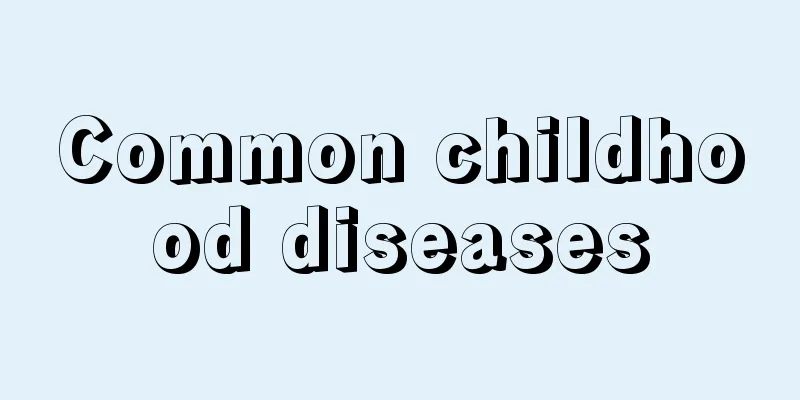How long should children take zinc supplements?

|
For children, they should pay attention to zinc supplementation from infancy, because children grow and develop faster during this period and have higher requirements for zinc. To a certain extent, some trace elements can determine whether a child develops well. Children will have different zinc supplementation requirements at different stages of growth and development. Until the child reaches 18 years old, generally speaking, there is no need for targeted supplementation. How long should children take zinc supplements? The requirement for zinc varies for different age groups. Infants aged 0-6 months only need 1.5 mg of zinc per day, and infants aged 7-12 months need 8 mg. Then, the demand for zinc increases slowly with age, reaching a maximum amount of 19 mg at the age of 14-18 years. Once you are over 18, your body's need for zinc decreases and only 11.5 mg per day is enough. Zinc supplementation is a process, and only by taking it consistently can you see a good effect. Zinc supplements are generally used as supplements, and the amount should be enough for 3-4 months. What are the methods for zinc supplementation for babies? 1. Different people have different needs The Chinese Nutrition Society recommends the following daily zinc requirements: 3 mg for infants from birth to 6 months old; 5 mg for infants from 7 to 12 months old; 10 mg for children aged 1 to 3 years old; 20 mg for pregnant women; 20 mg for nursing mothers; and 10-15 mg for normal adults. 2. Infants rely on breast milk for zinc supplementation Breastfeed your baby for at least 3 months, and then gradually switch to cow's milk or other milk substitutes. The absorption rate of zinc in breast milk is high, reaching 62%. In particular, colostrum is high in zinc, with an average concentration 4-7 times that of serum zinc. 3. Add zinc-containing foods after weaning Such as beef, mutton, lean pork, animal liver, peanuts, soybeans, carrots, oysters, etc. According to measurements, the zinc content in animal foods is higher than that in plant foods, and the amino acids produced after the decomposition of animal protein can promote the absorption of zinc, with the absorption rate generally being around 50%. The zinc contained in plant foods can combine with plant acid and cellulose to form water-insoluble compounds, thereby hindering human absorption, with an absorption rate of only around 20%. Bottle-fed babies should start adding easily absorbed zinc-rich complementary foods from 4 months old: minced lean meat, egg yolks, fish paste, animal liver, oysters, peanut rice flour, walnut kernel powder, etc. I believe we all know “how many days babies should take zinc supplements”. After reading this article, we will understand it very clearly. The lack of trace elements is a major obstacle to children's development, especially the lack of zinc. If a child is zinc deficient, not only will his immunity be low, but parents will also have to worry more. Therefore, parents should consider whether their baby needs zinc supplementation based on their child’s own situation. |
<<: Which zinc supplement is good for children?
>>: Do children need zinc supplements?
Recommend
Why are children's hands peeling?
Children generally have better skin than adults, ...
What should I do if my child has a hunchback?
I believe that many children read, write, work an...
Is it okay for a two month old baby to sleep on his stomach?
We all know that when the baby is two months old,...
How to prevent redness and swelling of baby's lower eyelid
It is said that children are the flesh and blood ...
What are the methods of making steamed egg yolk soup as baby food?
Egg yolk is a very nutritious food. It is also a ...
Will stitches on a child's forehead leave scars?
When a child's forehead is hit by a sharp obj...
What are some calcium-supplementing recipes for children?
During the growth of children, calcium is an indi...
Why do children sometimes blink?
Blinking is a very normal thing for everyone, no ...
Can I use alcohol to wipe the fever on my child?
When we were young, we all saw this situation: no...
The reason why newborns always strain when sleeping
The old saying goes that only by eating well and ...
What to do if your baby has thick white tongue coating
Babies have low body resistance and need special ...
Is polio hereditary? This is the truth!
Some people worry that polio will be passed on to...
What to do if your child has language barriers
Patients with language disorders will have proble...
How tall is a 17 month old baby?
We all know that the baby's body is in a peri...
Will the rash recur?
The problem of roseola in children can be said to...









